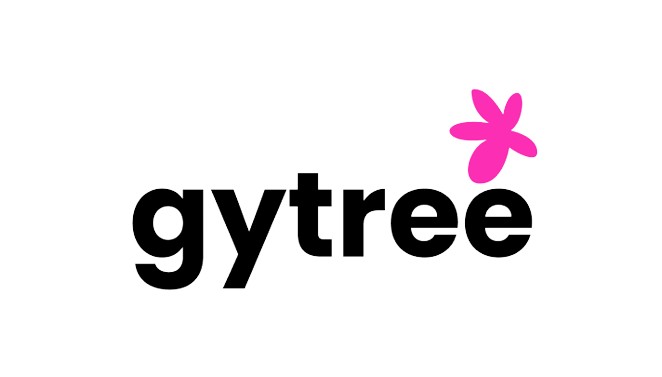Proteins are essential macronutrients that play a critical role in various bodily functions, including muscle repair, immune system support, and hormone production. In women, adequate protein intake is crucial for maintaining overall health, particularly during life stages such as adolescence, pregnancy, lactation, and menopause.
In this article we speak to doctors and nutritionists on what are the signs of poor protein in women.
Inadequate protein levels can lead to a range of health issues, manifesting through various signs and symptoms. Understanding these signs can help women recognize and address protein deficiencies promptly.
Fatigue and Weakness
One of the primary signs of poor protein levels is persistent fatigue and muscle weakness. Proteins are vital for building and repairing tissues, including muscles. When the body lacks sufficient protein, muscle mass can decrease, leading to general weakness and a lack of energy. Women may find it challenging to perform daily activities, exercise, or even maintain good posture without experiencing fatigue.
Addressing some of these signs with a balanced diet rich in high-quality protein sources can help women maintain their health but many of us find that a struggle. In that case, this Gytree protein is a great supplement - Amisha Gulati, nutritionist.
Hair, Skin, and Nail Problems
Proteins such as keratin and collagen are essential components of hair, skin, and nails. A deficiency in protein can lead to noticeable changes in these areas. Women may experience hair thinning, hair loss, or brittle hair. The skin might become dry, flaky, and prone to rashes or infections due to impaired skin barrier function. Nails may become weak, brittle, and prone to splitting.
I never imagined my hairfall was connected to low protein levels. I got a test done and I was low in protein. When I spoke to the dietician she realised this was leading to poor and thin hair. Since then I have protein daily - Pune based Shivani Pandey.
Compromised Immune Function
Proteins are essential for the production of antibodies and other immune molecules. Insufficient protein intake can weaken the immune system, making the body more susceptible to infections and illnesses. Women with poor protein levels may experience frequent colds, prolonged recovery times, and increased susceptibility to infections.
Hormonal Imbalances
Proteins play a crucial role in the synthesis of hormones. Inadequate protein intake can disrupt the production and balance of hormones such as insulin, estrogen, and thyroid hormones. This imbalance can lead to menstrual irregularities, mood swings, weight gain, and other endocrine-related issues.
Slow Wound Healing
Proteins are essential for tissue repair and wound healing. A deficiency can slow down the healing process, leading to prolonged recovery from injuries, surgeries, or infections. Women with poor protein levels may notice that their cuts, bruises, or surgical wounds take longer to heal and are more prone to infections.
Mental Health Issues
Protein deficiency can also impact mental health. Amino acids, the building blocks of proteins, are necessary for the production of neurotransmitters, which regulate mood and cognitive functions. Low protein levels can lead to mood swings, depression, anxiety, and difficulty concentrating.
Muscle Loss and Reduced Physical Performance
Protein is crucial for maintaining muscle mass and strength. Women who do not consume enough protein may experience muscle wasting (sarcopenia), reduced physical performance, and decreased strength. This can be particularly concerning for older women, as muscle loss can lead to a higher risk of falls and fractures.
Digestive Issues
A lack of protein can affect the digestive system. Enzymes, which are proteins, play a vital role in digestion and nutrient absorption. Poor protein levels can lead to digestive issues such as bloating, gas, and difficulty absorbing nutrients from food, further exacerbating nutrient deficiencies.
Appetite Changes
Protein helps regulate appetite by influencing hormones that control hunger and satiety. Women with low protein levels may experience changes in appetite, including increased cravings for high-calorie foods or a general lack of appetite, leading to unintentional weight loss or gain.
Recognizing the signs of poor protein levels is crucial for women to maintain optimal health and well-being - Sudeshna Ray, medical director
Fatigue, hair and skin problems, edema, compromised immune function, hormonal imbalances, slow wound healing, mental health issues, muscle loss, digestive problems, and appetite changes are all indicators of protein deficiency.






